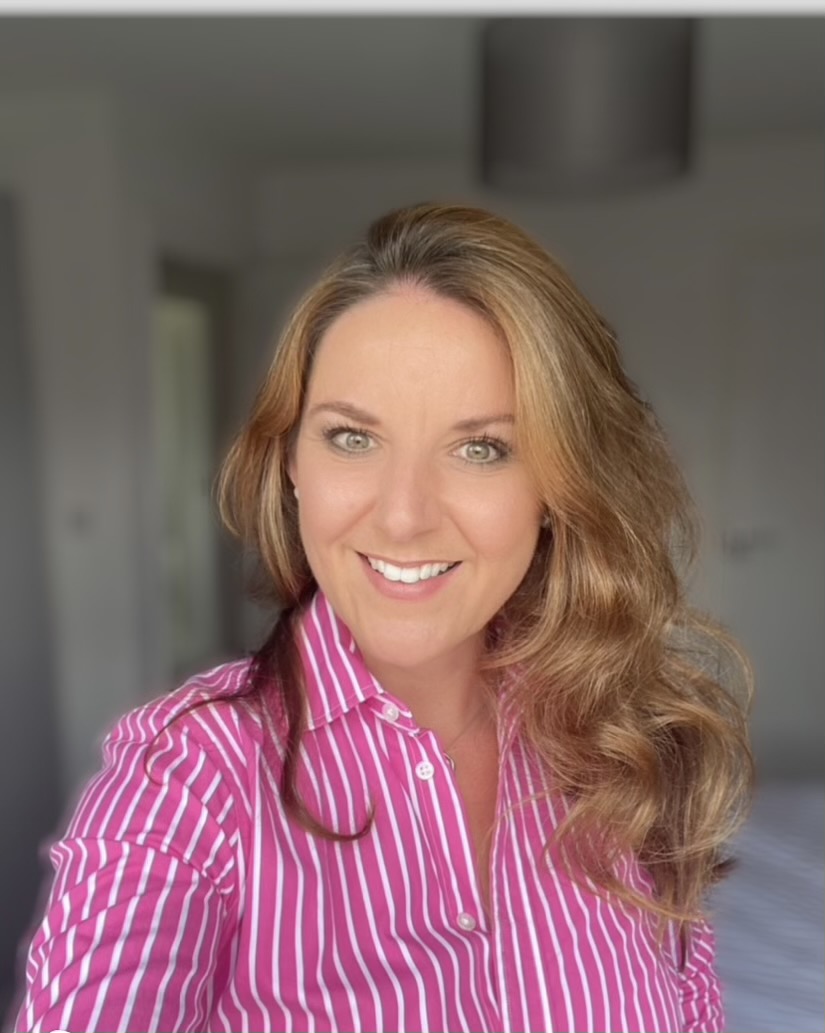
Today we welcome, Sarah Leonard, Scientist in Residence, to the Oxford Science Enterprises Life Sciences team.
Sarah joins us from Immunocore where she led a team of scientists to generate novel donor-unrestricted T cell therapeutics against oncology and infectious disease targets; including the successful delivery of a HLA-A2 restricted HBV-bispecific to clinical trial for the treatment of chronic Hepatitis B.
Prior to Immunocore, Sarah held a Translational Research Fellowship with Ovacome at the University of Birmingham, where she worked on novel drugs and biomarkers to predict disease progression and chemo resistance in cancer patients.
She has also held a number of post-doctoral positions, including with Janssen Pharmaceuticals where she delivered the pre-clinical package for an epigentic drug combination that went into an acute myeloid leukaemia clinical trial.
At Oxford Science Enterprises Sarah will work with the Life Sciences team to generate innovative new portfolio companies capable of tackling areas major unmet needs within her main fields of expertise – cancer therapy and microbiology.
We spoke to Sarah to find out what attracted her to Oxford, why she has taken on the role of SiR and her ultimate ambition.
What attracted you to Oxford and Oxford Science Enterprises?
I’ve been living in Oxfordshire for the past 5 years and pretty much fell in love with the city as soon as I moved. For such a small city, it’s bursting with history, character, and of course amazing science. Also, I’m originally from Ireland so love the fact that Oxford is in the middle of gorgeous countryside.
In terms of attraction to Oxford Science Enterprises, I have always been interested in the business side of science. In Birmingham, while doing my Phd I completed an enterprise and commercialisation course with Alta Enterprise Innovations, and while at Immunocore I was regularly exposed to the investment and commercial sides of the business, which I loved. When I discovered Oxford Science Enterprises, and the exciting companies such as Vaccitech, T-cypher and Nucleome Therapeutics that have emerged from it, I knew it was somewhere I wanted to be.
Why did you decide to join Oxford Science Enterprises as our newest Scientist in Residence?
Two things really. The first was realising that this was an opportunity that doesn’t come around too often; a job that combines high-quality science, business innovation and creation, a fast-paced working environment and engagement with incredible academics, it sounded like the perfect combination for a job.
The second was the team, everyone I spoke to during the interview process was full of enthusiasm and positivity, it sounded like a great place to work.
How do you plan to approach your new role as an Oxford Science Enterprises SiR?
With open arms! I plan to develop projects and companies within my main areas of expertise – cancer therapy and microbiology. However, I’m also keen to explore the other areas of the life sciences that are strong in Oxford; I believe a huge amount can be gained through cross-functional learning and I hope to transfer some of my own knowledge and learnings from oncology to other disease areas and help identify new investment opportunities.
What real-world problems or unmet needs in oncology are you most passionate about?
Although there have been major advances in the immuno-oncology field, there is still a long way to go. I truly believe that to transform the outcomes for all cancer patients, we need to develop novel immunotherapies that target tumours in a donor unrestricted manner, unlocking that potential will transform the T cell therapeutics field. I also believe there is a big gap in our understanding as to what makes the best druggable targets on solid tumours for T cell and bispecific therapies. Target identification platforms such as T-Cyphers should help to address this need. Finally, understanding how the tumour microenvironment shields cancer from the immune system, and developing drugs that can reverse this will allow the delivery of more precise approaches to cancer treatment, something that may even be enhanced with drug combination approaches.
What is your ultimate aim and ambition?
My ultimate ambition is to help generate and work within a successful company, that will save the lives of patients worldwide.
What are you personally most excited for?
I’m sure it’s the same as what most people who started a new job during this pandemic are excited about… getting to meet my new colleagues in person! Although virtual meetings have been awesome tools, it’s just not the same as human interaction… I can’t wait for that to happen again.